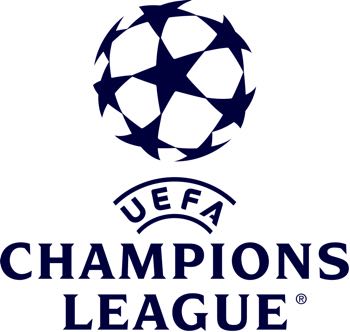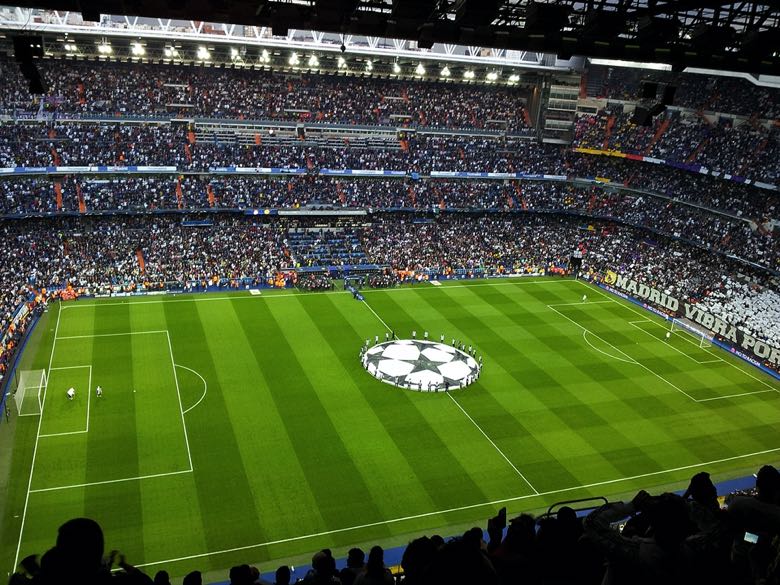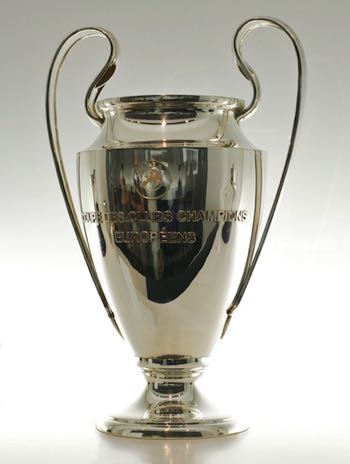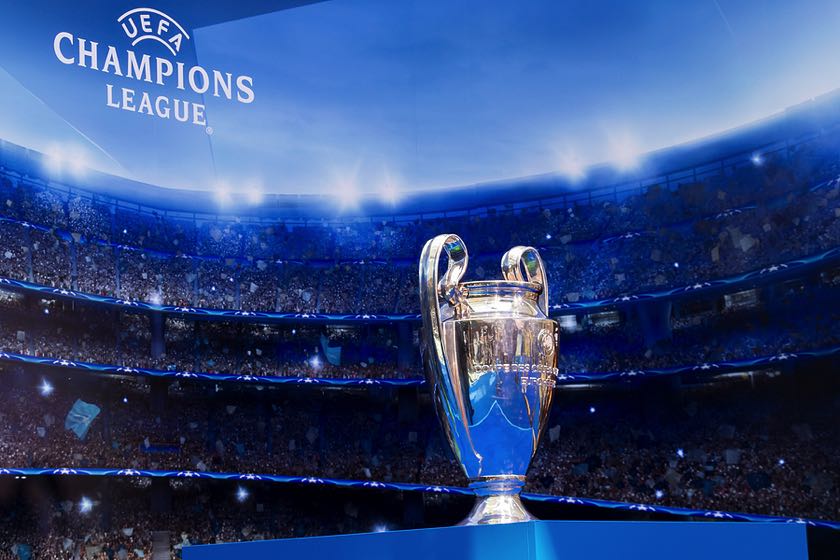When you think about it, the European Cup is a better name for the competition than the Champions League. Ultimately, less than half of the teams that play in the Champions League each season are exactly that: champions of their domestic league. Second, third and fourth placed teams also get the UCL call-up, as well as – in some cases – domestic cup winners. So, why did they – they being UEFA – decide to change the name of the European Cup to the Champions League?
When Did the European Cup Become the Champions League?
 Teams from different European countries have been playing against one another in competitions since the late 1800s, albeit it would generally be neighbouring nations like England vs Scotland or Austria vs Hungary. The Mitropa Cup expanded that concept in the 1900s, welcoming clubs from (mainly) mainland Europe to take one another one for the trophy and the right to be named, loosely, champions of the continent.
Teams from different European countries have been playing against one another in competitions since the late 1800s, albeit it would generally be neighbouring nations like England vs Scotland or Austria vs Hungary. The Mitropa Cup expanded that concept in the 1900s, welcoming clubs from (mainly) mainland Europe to take one another one for the trophy and the right to be named, loosely, champions of the continent.
In many ways, the Mitropa Cup was the forebearer to the European Cup – showing that there was a real appetite for intra-continental battles, particularly as football grew in popularity after the Second World War in many different regions of Europe.
But it was another continent entirely that paved the way for the European Cup and thus the Champions League. Football authorities in South American founded the Campeonato Sudamericano de Campeones – the ‘South American Championship of Champions’ – in 1948, which in turn would become the Copa Libertadores as we know it today.
Football chiefs became fascinated with this idea of creating a continental club champion, and so key figures in the European game met to think up their own version. UEFA Congress met and approved the notion, so the 1955/56 season saw the first edition of the European Cup held.
And it would remain so for the best part of 40 years – until UEFA and Europe’s top clubs, inspired by the discussions in English football to rebrand the First Division as the Premier League, decided that an overhaul was required. After heated debate on how best to commercialise the tournament, it was decided to rebrand the European Cup as the Champions League in time for the 1992/93 season.
Why Was the Champions League Created?

As tends to be par for the course in modern football, the biggest clubs in Europe wanted more money for their participation in the European Cup. They wanted to be guaranteed a bigger slice of the pie without necessarily reaching the latter stages of the competition and banking the prize money that comes with it – UEFA, under duress, set about commercialising the tournament as a result.
They brought on board a flash branding firm, TEAM Marketing AG, who joined forces with UEFA to push sponsorship and commercial partnerships to big brands around the globe. They also bumped up the cost of TV rights packages – money divvied out to the competing clubs.
Gerhard Aigner, UEFA’s general secretary at the time, recalls: “TEAM had all the ideas on how to centralise the rights and brand the competition — we just changed the statutes so they could do it. I think we made 70 million Swiss francs in that first season.”
By 2013, UEFA confirmed that commercial revenue from the Champions League had reached £1.3 billion per season – a pretty clear explanation as to why the European Cup was rebranded as such.
One of the reasons that the Champions League brought in a group format, as opposed to the previous open-bracket system, is that it improved the commercialisation of the tournament. The seeding system kept the big clubs apart and ensured they would play at least three games come what may.
The European Cup did not afford the select few such luxuries – indeed, some of the biggest clubs on the planet were routinely drawn against one another in the first round. One such tie, Real Madrid vs Napoli in 1987, set in motion the demise of the European Cup.
One of the teams would lose, which meant that the competition would be shorn of the Galacticos or Diego Maradona, then of Napoli, after a single round of action. The powers-that-be did not like the thought of that, so a group of them – including the demi-god Silvio Berlusconi (AC Milan owner and erstwhile Italian Prime Minister) – got together and drew up the blueprints for the subsequent rebrand and re-formatting of the European Cup.
How Was the European Cup Different to the Champions League?

As mentioned, what those involved in the rebrand of the European Cup really wanted was protection. They wanted to be protected from tough first-round draws, they wanted to be protected from humiliation (being knocked out after just one round) and they wanted to be protected by a seeding system that would keep them apart from other big clubs for as long as possible. That’s exactly what the Champions League achieved, ripping up the old straight knockout format and replacing it with a group system that guarantees each club gets at least three games – perfect from a commercial aspect.
The seeding system also means that, for the most part, the best two teams in each group will be paired with two weaker sides – creating the utopian scenario, in UEFA’s dreams, of the top seeds making it through to the knockout phase, which kicks in after the groups are completed. The European Cup only featured league winners from across the continent too – of course, that meant that many big clubs in England, Spain, Italy, Germany and France would miss out on an annual basis.
In 1997, it was agreed that the Champions League would be opened up so that runners-up in domestic leagues would also secure an invite, and by 1999 that had increased to as many as four teams from a single country playing in the Champions League. By 2017/18, a quirk saw England have five representatives in the draw – a format change that has helped to protect the biggest leagues in Europe while destroying the romance of a once-beloved competition.

